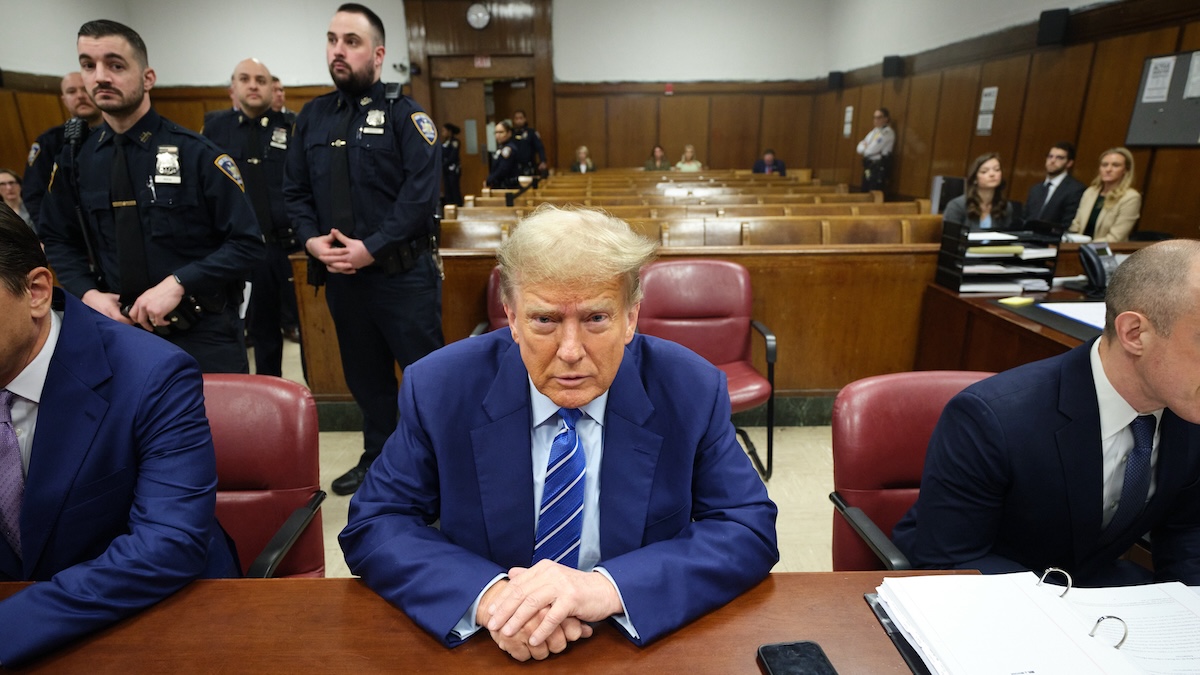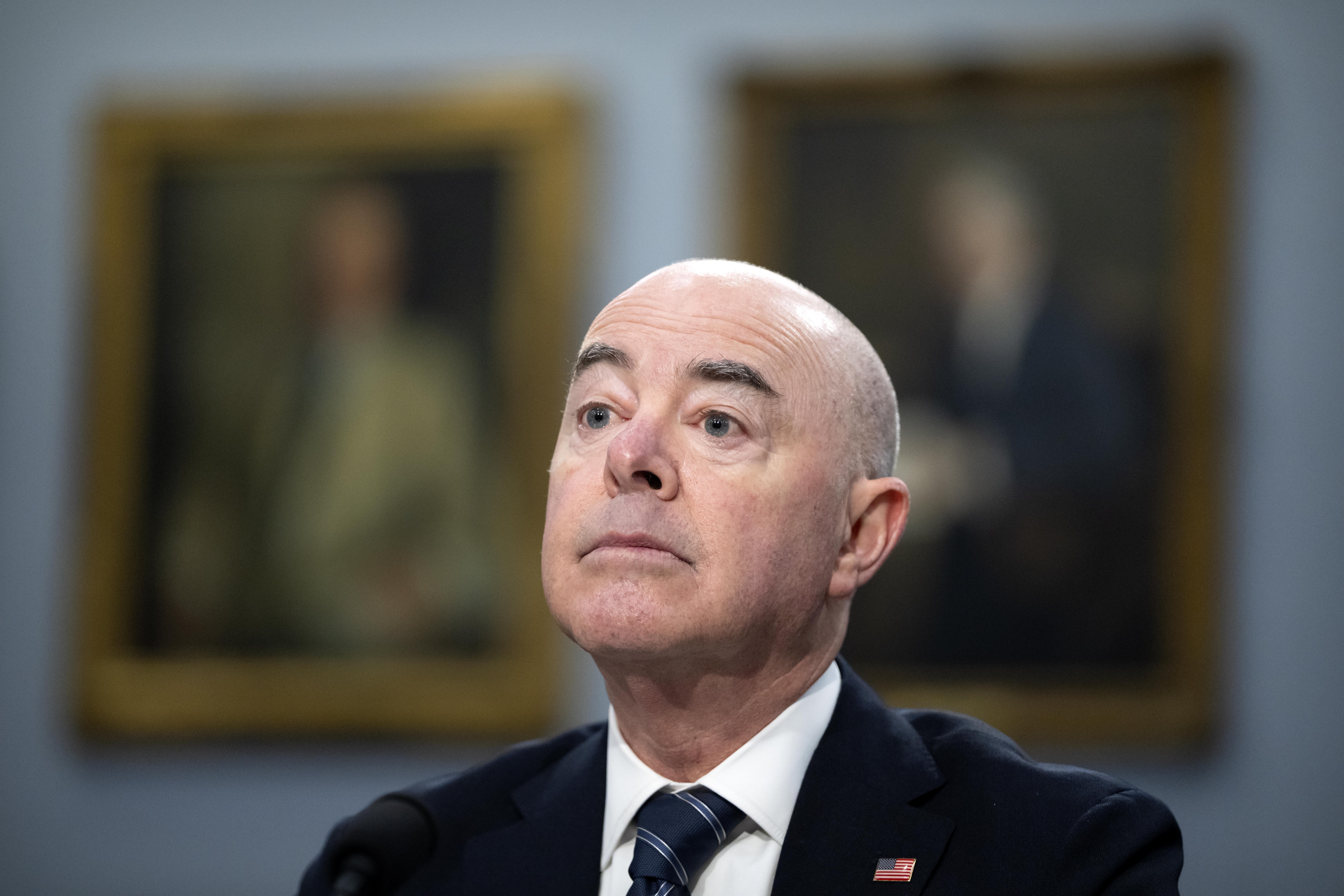One candidate seemed too human, the other candidate barely seemed human at all.
A white glow wandered around Pat Quinn’s bald pate and his heavy Chicago accent made him sound thick-tongued. Bill Brady’s hair looked unusually thick, his necktie gleamed like a sapphire, and his movements were as stiff as Abe Lincoln’s in Disney World’s Hall of Presidents.
Yet Brady came out ahead in Wednesday night’s gubernatorial debate, mainly because he -- and the questioners -- kept the focus on the state’s financial mess. Perhaps trying to avoid a repeat of Tuesday’s bitch-fest between Mark Kirk and Alexi Giannoulias, the panelists rarely brought up social issues, and never mentioned Quinn’s accusation that Brady wants to kill puppies. The result was a civil debate that played to Brady’s strengths.
In fact, Brady was rarely pressed on his plans for cutting 10 percent from the state’s budget, the pedestal from which he campaigns. When ABC7’s Charles Thomas asked Brady why he didn’t provide a line-by-line budget for the voters, Brady responded that “most families and businesses have cut spending by a dime on every dollar,” then called for a business audit of state finances.
Quinn tried to attack Brady as a heartless job cutter, claiming that “if he becomes governor, perish the thought,” he’ll slash $1.26 billion from the state’s education budget and fire 20,000 teachers. He then accused Brady of plotting to raise property taxes.
“Perish the thought that you’d tell the truth,” Brady retorted smartly. “I’ve never favored raising property taxes.”
Only once during the debate was Brady forced to address his weak spot. Andy Shaw of the Better Government Association asked whether Brady’s conservative views on abortion, guns and gay marriage might scare away voters who otherwise believe Illinois needs new leadership. Brady tried to change the subject.
Politics
“I’m proud of my beliefs,” he said. “Gov. Quinn has used the social issues to divide Illinois. I’m focused on solving the economic crisis.”
Quinn, finally seeing a chance to score points, didn’t let that pass.
“There are fundamental rights that people believe in,” the governor said. “My opponent wants a constitutional amendment to ban abortion. My opponent says it’s OK to fire gay people. My opponent is in favor assault weapons.”
“The federal courts have ruled on abortion,” Brady said. “I support the right of parents to have notice. I support protecting marriage as an institution between a man and a woman. I’m pro 2nd Amendment.”
For most of the debate, though, Brady was free to hammer Quinn on the state’s terrible economic situation: the 200,000 lost jobs, the $13 billion budget deficit, the $6 billion in unpaid bills. Quinn’s response that an only an honest governor, with no conflicts of interest, can create jobs was a reference to Brady’s vote to seize land to benefit one of his building company’s projects.
Nobody doubts than Quinn is an honest man. But if honesty made him a good governor, he wouldn’t have such a dismal record to run on. Like this election, the debate was a referendum on Quinn’s performance. That’s why it was impossible for him to win.



